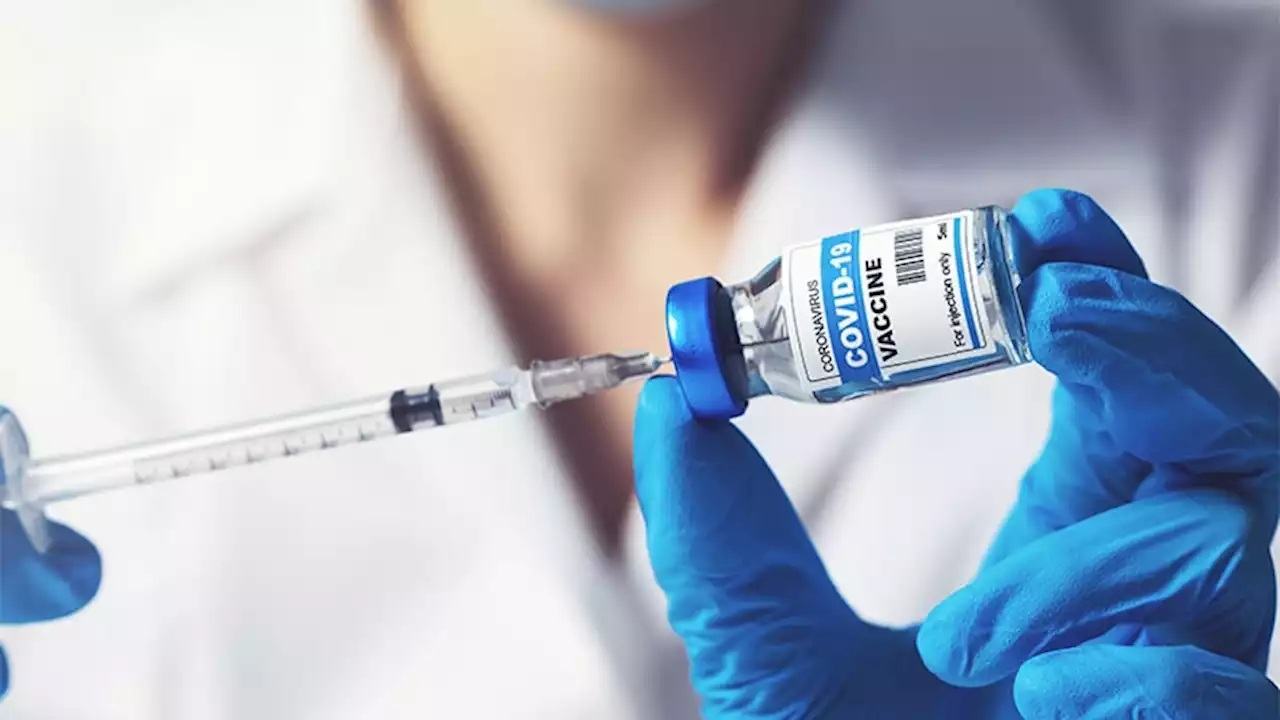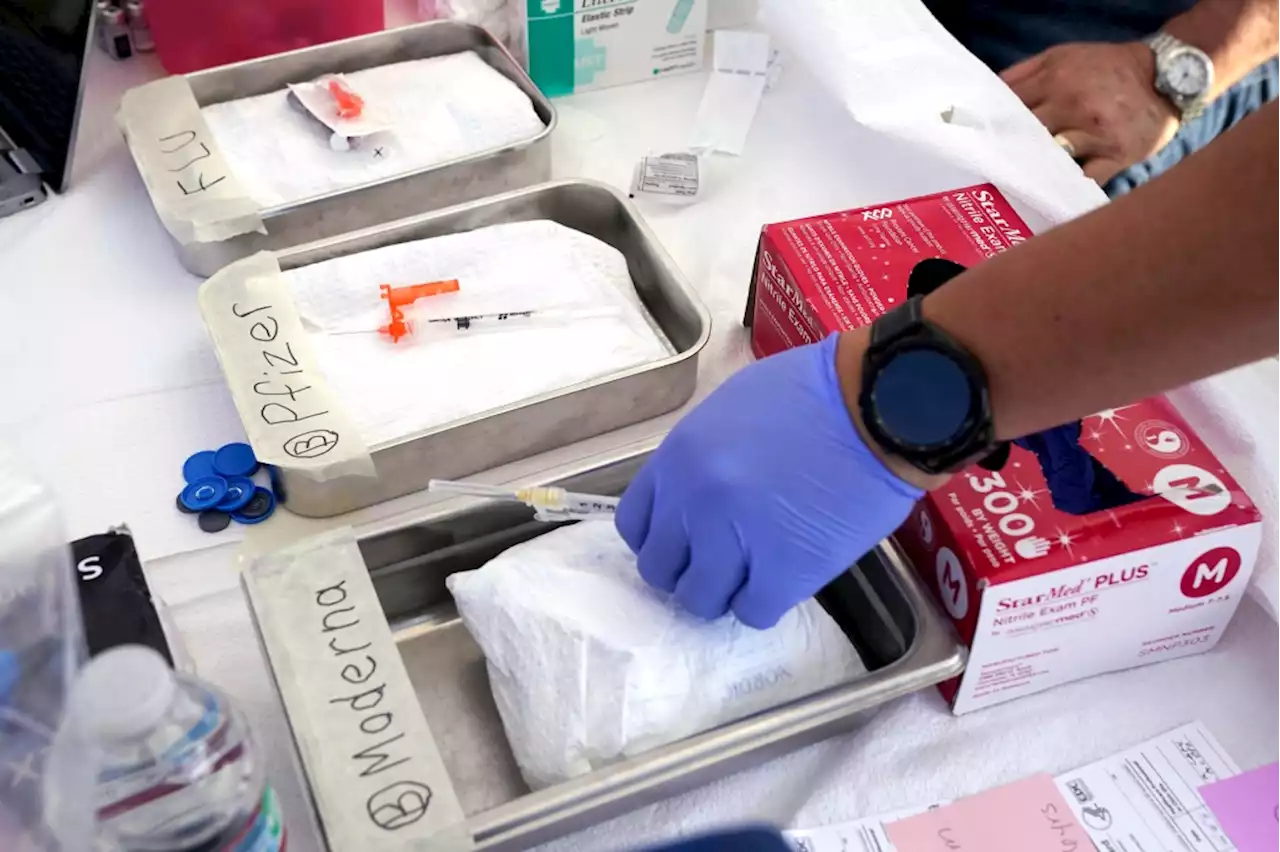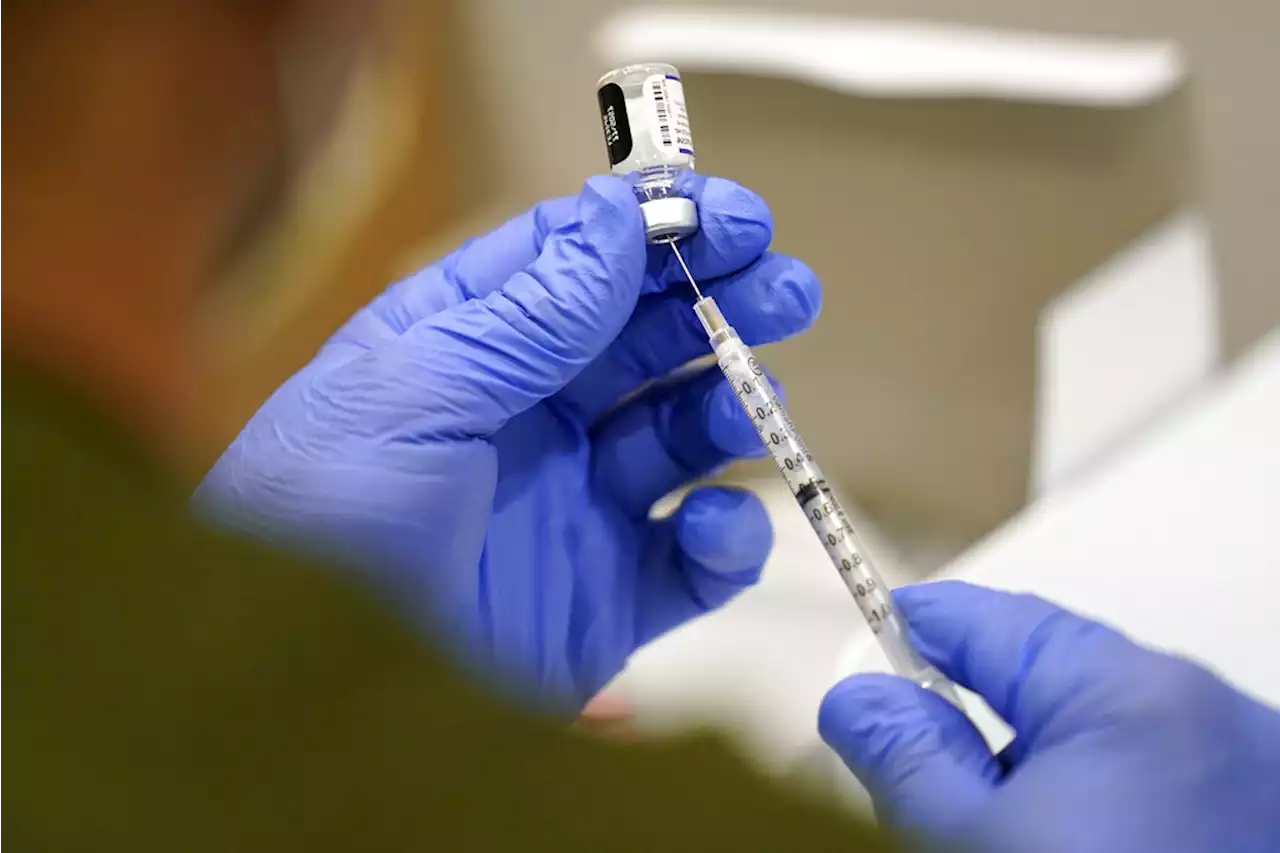Vitamin D and type 2 diabetes: New insights MedTwitter
from Japan that tested a synthetic analog of a vitamin D. These three trials in aggregate had an average of about 3 years' duration.
The hazard ratio in the meta-analysis was 0.88 or a modest risk reduction that just met statistical significance for the intention-to-treat unadjusted analysis. After adjustment for other diabetes risk factors, it was 0.85 with a confidence interval of 0.75 to 0.96. The trials weren't large enough or long enough to do a rigorous assessment of safety, but they didn't see any clear safety signals looking at hypercalcemia and.
The authors did see effect modification by body mass index , as has been seen in many other vitamin D trials. We've seen in ourthat BMI modified the effect of vitamin D for total invasive cancer, cancer death, autoimmune diseases, and some other outcomes. They saw that among those who had a BMI below the median of 31, there was a significant 24% reduction in risk. But those who had a BMI at the median of 31 or above had no reduction whatsoever in diabetes risk. Their hazard ratio was 1.01.
The synthetic analog trial results had a similar hazard ratio, but there was no modifying effect of BMI. The authors postulate that this is because vitamin D3, the cholecalciferol, requires conversion to 25-hydroxyvitamin D in the liver and other tissues, and that theexpression, so a high BMI may actually interfere with the ability to convert to the biologically active form of vitamin D.
These doses of vitamin D are on the high side. In fact, they're quite similar to the tolerable upper intake level set by the National Academy of Medicine — five to six times the recommended dietary allowance in the general population guidelines. So, clearly we need more research in terms of the safety of long-term use of vitamin D at these higher doses.
United States Latest News, United States Headlines
Similar News:You can also read news stories similar to this one that we have collected from other news sources.
 COVID Vaccination Reduces Risk of Type 2 Diabetes After InfectionVaccination appears to reduce the heightened risk of developing type 2 diabetes after a COVID-19 infection, according to a new study published in JAMA Network Open.
COVID Vaccination Reduces Risk of Type 2 Diabetes After InfectionVaccination appears to reduce the heightened risk of developing type 2 diabetes after a COVID-19 infection, according to a new study published in JAMA Network Open.
Read more »
 Type 1 Diabetes No Longer a Disease of the Thin, Advice NeededIn a nationwide survey, the prevalence of overweight/obesity was similar for people with type 1 diabetes and those without diabetes, while lifestyle advice was less commonly given than for those with type 2 diabetes.
Type 1 Diabetes No Longer a Disease of the Thin, Advice NeededIn a nationwide survey, the prevalence of overweight/obesity was similar for people with type 1 diabetes and those without diabetes, while lifestyle advice was less commonly given than for those with type 2 diabetes.
Read more »
 New Toyota GR Corolla Priced From AU$62K In Australia, Cheaper Than Civic Type R | CarscoopsJust 700 examples of the GR Corolla GTS are heading Down Under for the first year, plus 25 units of the flagship Morizo Edition
New Toyota GR Corolla Priced From AU$62K In Australia, Cheaper Than Civic Type R | CarscoopsJust 700 examples of the GR Corolla GTS are heading Down Under for the first year, plus 25 units of the flagship Morizo Edition
Read more »
 COVID-19 Vaccination Appears to Reduce Diabetes Risk After VirusThe increased risk for diabetes following COVID-19 infection has persisted into the Omicron era, but vaccination against SARS-CoV-2 appears to diminish that likelihood, new data suggest.
COVID-19 Vaccination Appears to Reduce Diabetes Risk After VirusThe increased risk for diabetes following COVID-19 infection has persisted into the Omicron era, but vaccination against SARS-CoV-2 appears to diminish that likelihood, new data suggest.
Read more »
 Risk of developing diabetes after COVID-19 continued in Omicron period, study saysPeople who’ve had COVID-19 have a higher risk of developing diabetes, and that link seems to have persisted into the Omicron era, a new study finds.
Risk of developing diabetes after COVID-19 continued in Omicron period, study saysPeople who’ve had COVID-19 have a higher risk of developing diabetes, and that link seems to have persisted into the Omicron era, a new study finds.
Read more »
 Risk of developing diabetes after COVID-19 continued in Omicron period, Cedars Sinai study saysThe raw data showed that people who’d had COVID-19 had higher risks of being diagnosed with diabetes, high cholesterol and high blood pressure after their infections.
Risk of developing diabetes after COVID-19 continued in Omicron period, Cedars Sinai study saysThe raw data showed that people who’d had COVID-19 had higher risks of being diagnosed with diabetes, high cholesterol and high blood pressure after their infections.
Read more »
